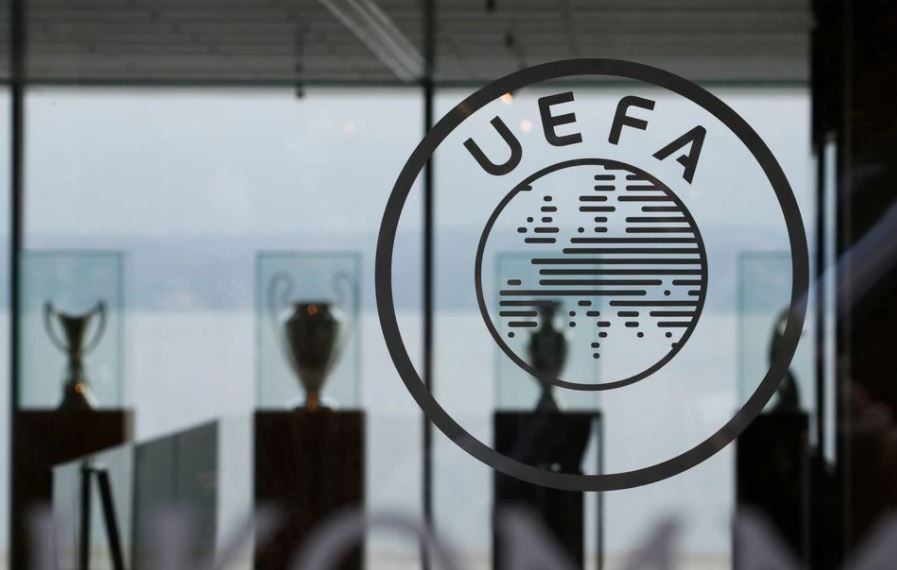UEFA has announced fines for several top European clubs for breaching financial fair play rules. Roma has been fined 2 million euros and Istanbul Basaksehir faces a one-year ban from European competitions. Aston Villa and Marseille were also fined for late delivery of accounts. The fines are part of UEFA’s efforts to promote financial stability in European soccer and ensure clubs are not overspending.
Financial Fair Play (FFP) was introduced by UEFA in 2009 to evaluate the revenue and spending of clubs participating in its competitions. It has since been rebranded as “Financial Sustainability.” Critics argue that FFP restricts investment by wealthy owners of emerging clubs and has not been effective in curbing spending by state-backed clubs like Manchester City and Paris Saint-Germain. Clubs are required to limit their squad costs to a percentage of their revenue, with a target of 70% over three seasons.
Despite the challenges, UEFA reports that most clubs have met the financial targets set for the 2023-24 season. PSG, Inter Milan, and AC Milan, who were fined in previous years, were among the clubs that complied with the rules last season. Roma, however, slightly exceeded the target and was fined. The club will still participate in the Europa League, potentially earning significant prize money.
Istanbul Basaksehir, on the other hand, breached the final target set by UEFA last season. As a result, the Turkish club faces a one-year ban from European competitions unless it meets the new financial targets in the next three seasons. Additionally, Basaksehir will be limited to registering 23 senior players instead of 25 in the Conference League this season.
The fines imposed on the clubs are aimed at ensuring financial stability and fair competition in European soccer. UEFA’s club finance monitoring panel is responsible for evaluating the financial performance of clubs and enforcing the rules. The fines serve as a warning to clubs that they must adhere to the financial regulations set by UEFA or face penalties that could impact their participation in European competitions.
In conclusion, UEFA’s recent rulings on financial fair play violations highlight the importance of financial sustainability in European soccer. Clubs must manage their finances responsibly to avoid fines and bans from competitions. The enforcement of financial fair play rules aims to create a level playing field for all clubs and promote transparency in the sport. Clubs like Roma and Istanbul Basaksehir must now reassess their financial strategies to comply with UEFA’s regulations and avoid further sanctions.










